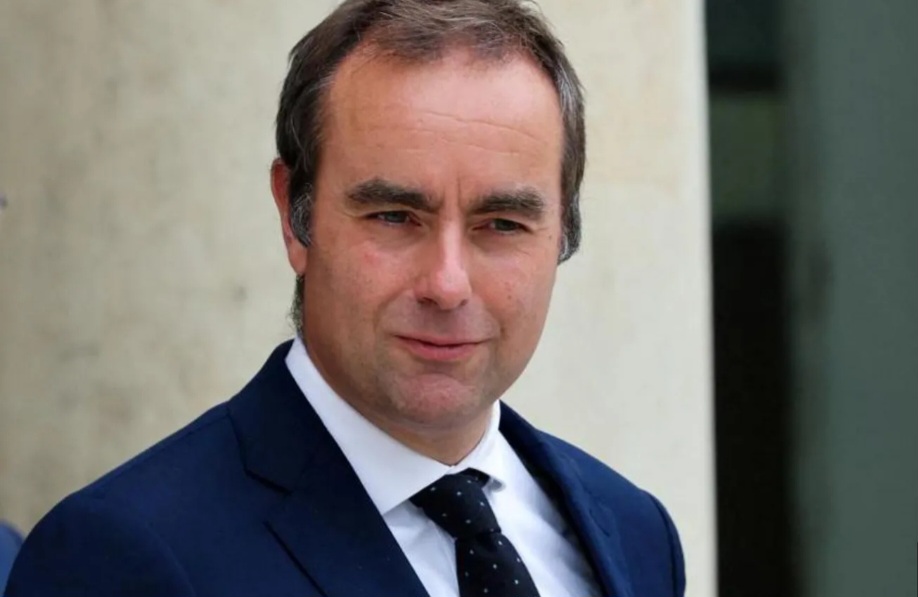
Esther Imonmion
France’s fragile political landscape was thrown into fresh turmoil on Monday after Prime Minister Sébastien Lecornu resigned just 26 days into his tenure, becoming the fifth head of government to step down in under two years.
The Elysée Palace confirmed his resignation shortly after Lecornu met with President Emmanuel Macron in a one-hour closed-door session. His departure, which came barely a day after he unveiled his cabinet, underscored the growing instability of Macron’s administration and the deep divisions within the French parliament.
Lecornu, 38, was appointed on September 10 following the collapse of François Bayrou’s short-lived government, which fell when lawmakers rejected his €44 billion austerity budget. The new prime minister’s attempt to form a cabinet largely comprised of Bayrou’s former ministers was immediately met with fierce opposition across the political spectrum. The backlash was so intense that several parties in the National Assembly openly vowed to bring down the government even before its first confidence vote.
Sébastien Chenu, a senior figure in Marine Le Pen’s far-right National Rally (RN), captured the rising sentiment of frustration and anger when he declared, “Macron must choose: dissolution of parliament or resignation.” His comment reflects mounting calls for snap elections — and even for the president himself to step aside.
For President Macron, Lecornu’s resignation marks yet another blow to his political authority and further exposes the difficulties of governing without a clear parliamentary majority. Since the hung parliament that emerged from the snap elections of July 2024, every prime minister has faced gridlock, policy paralysis, and opposition from both the left and right blocs.
The political instability has also deepened France’s economic woes. With the budget deficit rising to 5.8 percent of GDP in 2024 and public debt swelling to 114 percent — one of the highest in the eurozone after Greece and Italy — investors have grown increasingly nervous. Analysts estimate that France’s debt burden now stands at nearly €50,000 per citizen, fueling concerns over fiscal sustainability and the future of Macron’s reform agenda.
Financial markets reacted swiftly to the news of Lecornu’s resignation. The Paris stock exchange recorded a sharp decline in morning trading, with major banking and energy shares leading the losses. Economists warned that prolonged political deadlock could undermine investor confidence and delay crucial fiscal adjustments needed to stabilize the French economy.
Lecornu, who previously served as armed forces minister and was one of Macron’s most trusted allies, had been seen as a steady hand capable of managing a fractured legislature. His abrupt resignation, however, signals the deepening sense of paralysis within the French executive. Sources close to the Elysée said Lecornu was frustrated by the lack of consensus in parliament and the increasing pressure from opposition parties threatening another vote of no confidence.
In his brief statement on Monday, Lecornu reportedly told aides that “governing has become impossible in the current climate” and that his resignation was meant to “spare the country further instability.”
President Macron, who now faces mounting pressure to either dissolve parliament or attempt yet another reshuffle, has insisted he will not step down before his term ends in 2027. However, analysts warn that France’s political system may be approaching a breaking point.
As the Elysée scrambles to find a replacement for Lecornu, opposition leaders are already calling for new elections, arguing that the constant turnover of governments has eroded public confidence. With economic headwinds intensifying and social unrest brewing, France now finds itself once again on the edge of a constitutional and political crisis — one that could define the remainder of Macron’s presidency.
